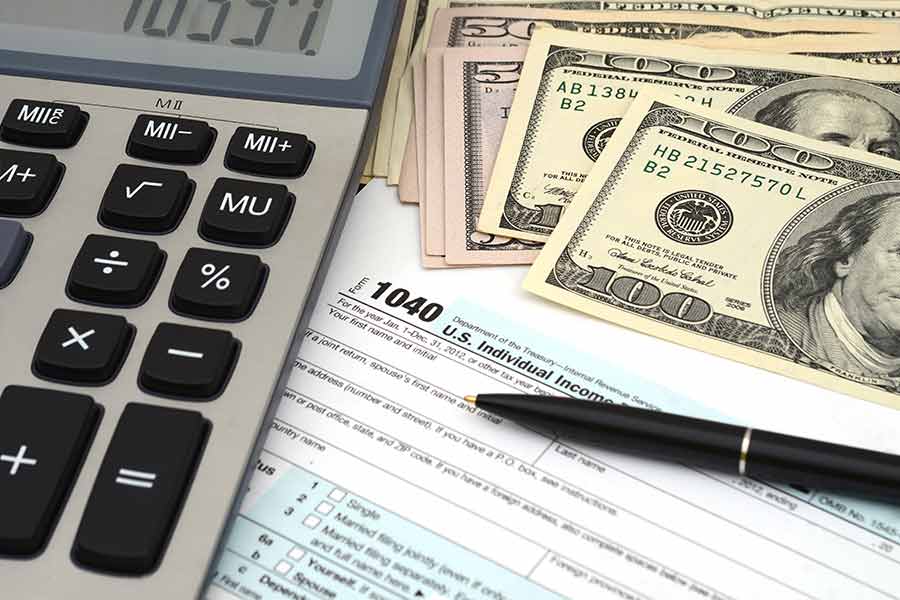For the year of 2011, we all worked to earn our wages, and we all worked just as hard to get our tax return filed for the April 17th deadline, so what should you do now?
Since the IRS has the right to audit your tax return several years after it is filed, you should keep your W-2, 1090s and all of your financial documents for a minimum of four years. This allows you to have proof of your income for the IRS statute of limitations for audits; three years from the filing deadline for your return. If you have a deduction from losses experienced due to worthless stocks, or have record for items that can depreciate, you should retain those documents for seven years. If you own property, you should keep all of your paperwork and documentation related to the property for as long as you are the owner of that property.
It is possible for the IRS to audit after these dates if certain things occur:
- For up to six years after the filing deadline, the IRS can audit you if you under-report your gross income by 25% or more
- If you file a fraudulent tax return or fail to file at all, the IRS has no limit of time for when they might decide to audit you.
Keeping and Organizing Tax Records
After you have filed your tax return it’s time to take a break from taxes for now, right? Not so fast – it is very important to ensure you keep your financial records as safe as possible. Your tax returns are likely the most complete list of your personal information. It is required by the IRS to keep your documents in an orderly fashion. These records can be kept physically or digitally. The best solution for digitally keeping records is to scan the complete document whether it is W-2s, 1099s or bank statements, into your computer as a PDF. It is also a good idea to make backup copies of your records in-case of crash of your hard drive. Be sure to store your back ups in a safe and secure location.
Some financial institutions will keep your records if you have them file your tax return. If you choose to have one of these companies file for you, it is helpful to use that service year after year so that all of your records are in the same place. Even if these companies keep your records, you should keep your own for reliability and convenience. Some financial companies may only hold your records for eighteen months or require a fee to view older records.
Planning for Next Year’s Taxes
No one wants to think of next year’s taxes, but if you want to be sure you get all of your deductions and credits, this is a great time to be sure you are keeping good records of your required documents.
Taxes are something that should be thought of each month of the year. Organization is key to making tax time a whole lot easier. The time you spend keeping your records organized throughout the year will likely save you time when it comes to tax time for 2012 taxes. Even consider using financial software to better track expenses such as Quicken or Quickbooks (especially if you are a contractor or own your own small business). Also, setup organized folders to keep hard copies of important financial documents as early as you can in the year to store documents that will be needed the following tax year. You should set these folders up to be by tax year and at the turn of each year, make new folders. Keep consistent with your labeling and storing of folders so eat becomes second nature to you from year to year.
Keeping good financial records helps ensure you get all of the tax deductions and credits you are entitled to. If you make any charitable donations, keep in mind that not all charities will send acknowledgements, so you’ll want to retain these records so you can claim the deduction at tax time. It is much easier to organize your paperwork throughout the year in preparation for next year’s taxes, rather than try to do it all in April of next year!



Leave a Reply
You must be logged in to post a comment.